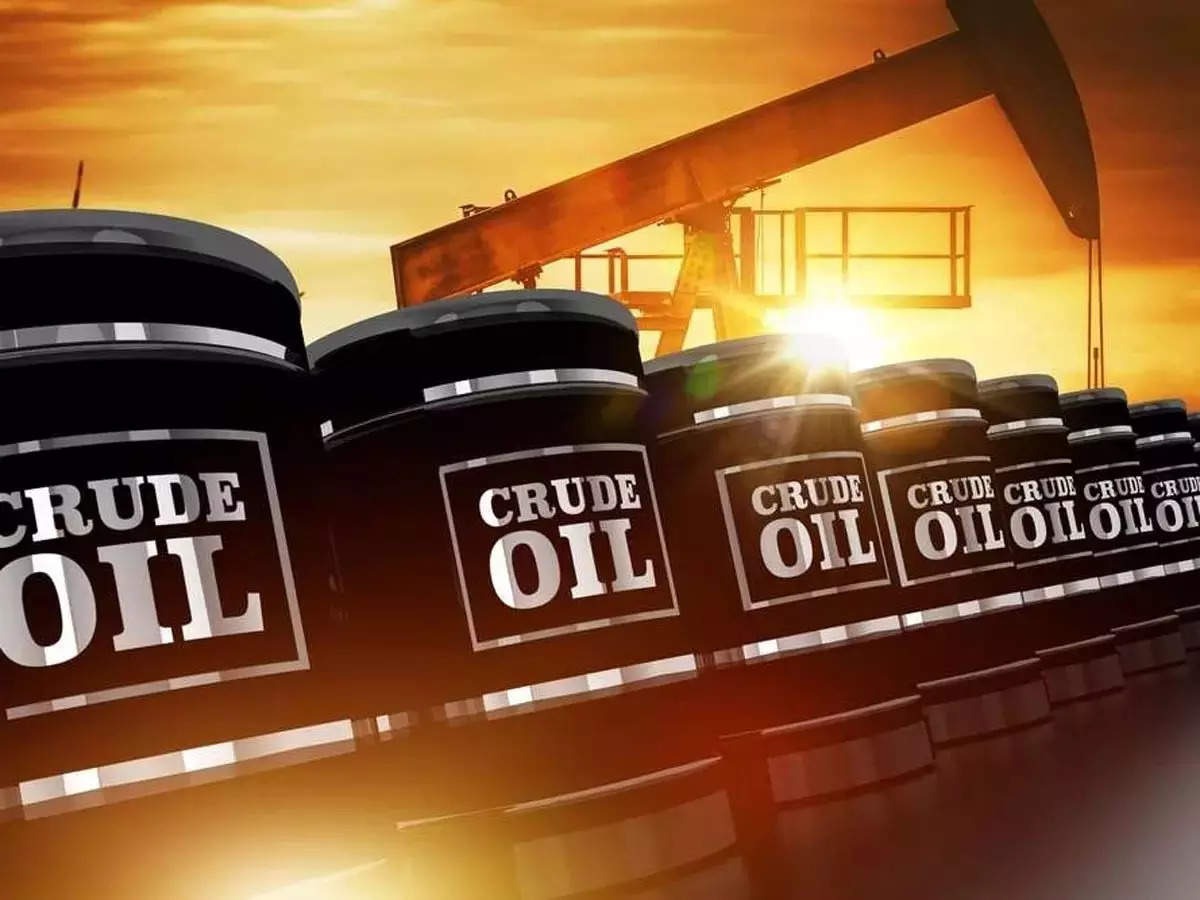
Russia’s economy is currently facing significant challenges, as it grapples with the combined effects of international sanctions, falling oil prices, and a global economic downturn. These factors have resulted in a slowdown of growth, rising inflation, and a weakened ruble, presenting President Vladimir Putin’s government with one of its most difficult economic crises in recent years.
Sanctions and Their Impact
The imposition of Western sanctions following Russia’s annexation of Crimea and its ongoing geopolitical tensions has had a profound impact on the country’s economy. Sanctions have targeted key sectors, including banking, defense, and energy, limiting Russia’s access to foreign capital and technology. These sanctions have stifled foreign investment and led to a decline in the availability of critical imports.
The sanctions have caused Russia’s economy to become more isolated from the global financial system, making it harder to access international markets. The banking sector, which once relied on foreign investment, has been particularly hard hit, leading to tightening credit conditions and higher borrowing costs for businesses and consumers alike.
Falling Oil Prices and Energy Dependency
Russia’s economy is heavily reliant on oil and natural gas exports, and the fall in global oil prices has added another layer of difficulty. The decline in demand for oil, coupled with the shift toward renewable energy sources, has resulted in decreased revenues from energy exports. This has left the Russian government with fewer resources to fund its large defense budget and domestic programs.
As global energy markets evolve and alternative energy sources gain traction, Russia's reliance on fossil fuels for economic stability poses a significant risk. The country’s inability to diversify its economy away from oil and gas means that the impact of falling prices is particularly devastating.
Inflation and the Ruble Crisis
The weakening ruble has contributed to inflation, raising the prices of everyday goods and services for ordinary Russians. As the ruble loses value against the dollar and other major currencies, imports become more expensive, putting a strain on household budgets. The Russian central bank has implemented several measures to stabilize the ruble, including raising interest rates, but the currency’s decline continues to affect the population’s purchasing power.
Rising inflation has led to increased dissatisfaction among the Russian populace, especially as wages remain stagnant and the cost of living continues to rise. This economic hardship has sparked protests and discontent, which further complicates Putin’s efforts to maintain political stability.
Economic Diversification Efforts
In response to these challenges, the Russian government has made efforts to diversify its economy. Initiatives aimed at developing sectors such as technology, agriculture, and manufacturing have been introduced to reduce the country’s dependency on oil and gas. However, these efforts have met with limited success, and Russia still faces significant hurdles in transitioning to a more diversified economy.
Despite the challenges, Russia continues to leverage its position as a major global energy supplier and has strengthened economic ties with China and other countries in the East. This shift in focus to non-Western trade partners is seen as an attempt to circumvent sanctions and bolster Russia’s position in global markets.
Global Consequences of Russia’s Economic Struggles
The economic difficulties facing Russia have broader implications for the global economy. As one of the world’s largest energy exporters, any economic slowdown in Russia can have ripple effects, particularly in the energy sector. Moreover, the continued geopolitical tensions and the sanctions regime could lead to further instability in global financial markets.
Russia’s economic woes also influence global food security, as it is a key exporter of wheat and other agricultural products. A decline in Russian agricultural exports could exacerbate food shortages, particularly in regions that rely heavily on these supplies.
Looking Ahead: A Long Road to Recovery
Russia’s economic future remains uncertain as it navigates the complex challenges of sanctions, declining oil prices, and a global economic slowdown. While the government is taking steps to stabilize the economy, it faces a long road to recovery. The diversification of the economy, coupled with the easing of international tensions, will be crucial factors in determining Russia’s economic trajectory in the coming years.
Read More: Did Iran send a secret proposal to the US to prevent war? Reports make a serious claim.
--Advertisement--

 Share
Share



